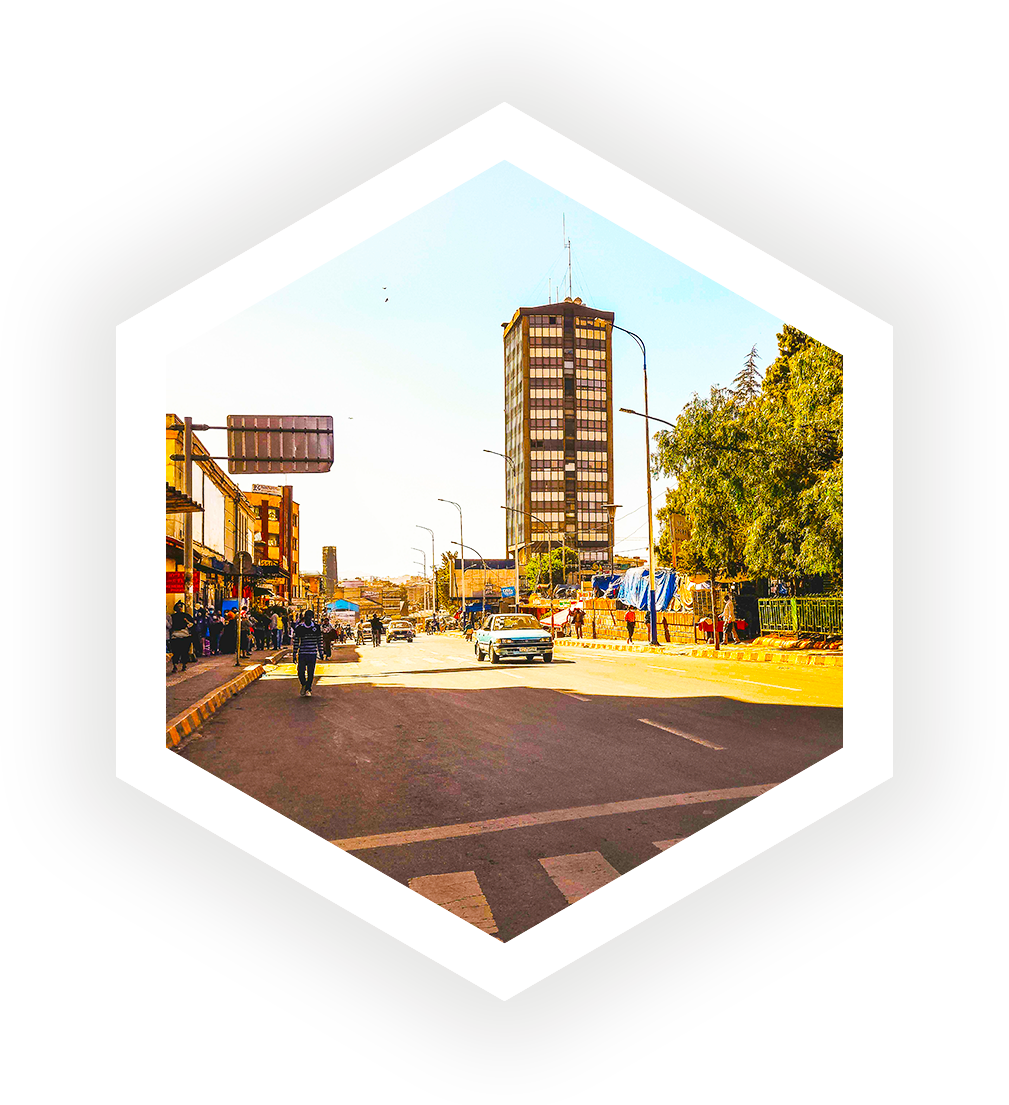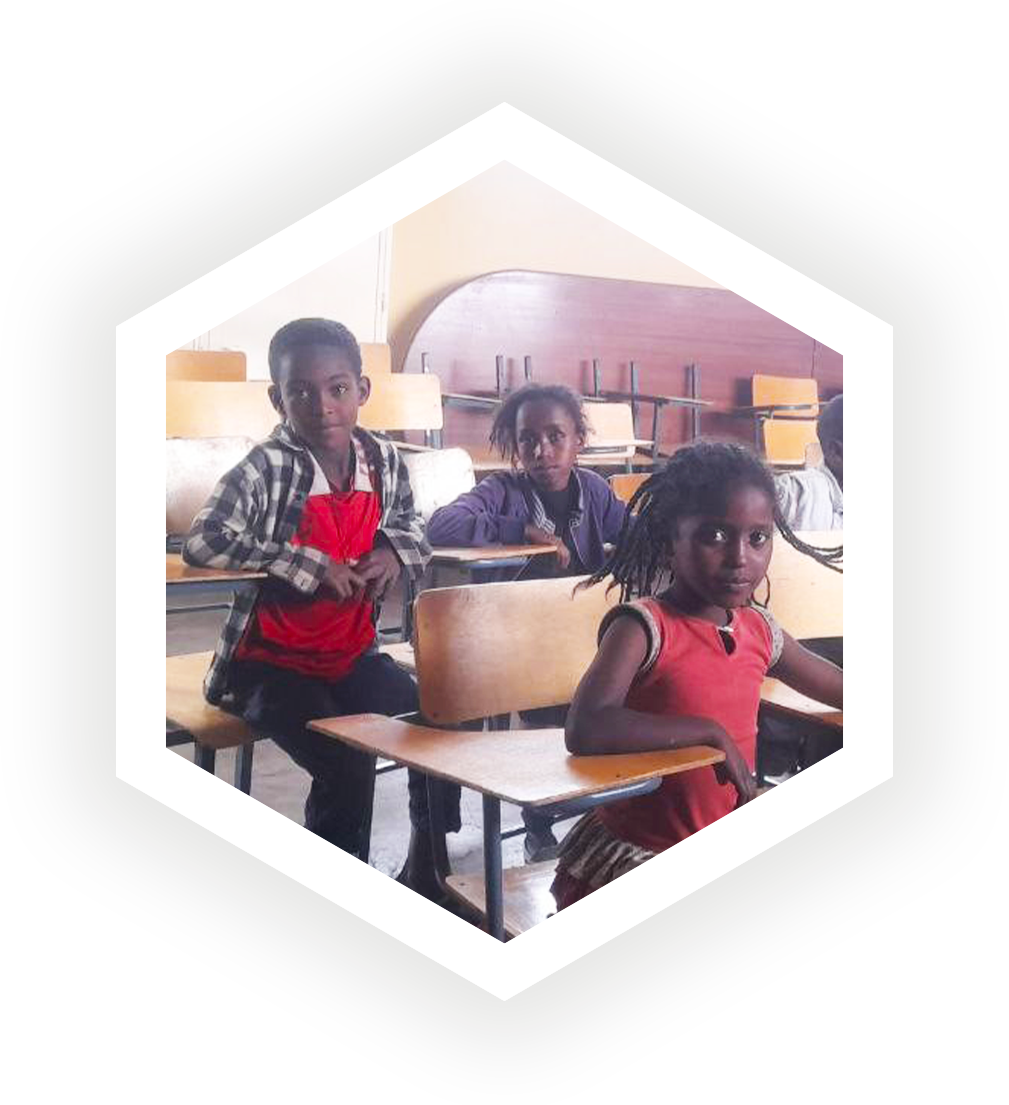The challenges

Rising urban populations
The growth of Ethiopian urban populations is rising fast with a recent UNICEF report stating that two out of five Ethiopians will be living in urban areas by 2050. The Ethiopian Central Statistical Agency (CSA) references several factors which they believe are contributing to urban population growth such as internal rural-to-urban migration with the push factors of environmental challenges, inadequate social service provision and limited basic services and economic opportunities in rural areas.

The impact of migration on families and children
It is estimated that only five percent of migrants move with their entire family (World Bank, 2015), and many children are living without their mothers in urban centres - with six percent in Addis Ababa alone.
Read moreMigrant children may be escaping rural poverty or family conflict, with girls running away from harmful practices, like child marriage, that are more prevalent in rural areas. Children living in urban poverty are exposed to unique vulnerabilities, including lack of secure housing, exposure to toxic pollutants and the risk of road traffic injuries, poor infrastructure and public services, and high rates of crime and violence within the community. The CSA estimates that children younger than 10 years represented 20 per cent of the overall urban population in 2018.

Educational barriers
Children living on the streets of Addis Ababa are often excluded from school either due to working to earn an income to support themselves or their families, or because they simply cannot afford the indirect costs of schooling, such as uniforms and equipment. The younger children in street settlements are often seen begging for food and the older ones find informal employment as labourers.

Risks and exploitation in street situations
Girls living in street situations are especially vulnerable to sexual violence with all children experiencing violence of some sort, either from older children or from adults. Many decide to forego sleeping at night to remain vigilant and to try and protect themselves.
